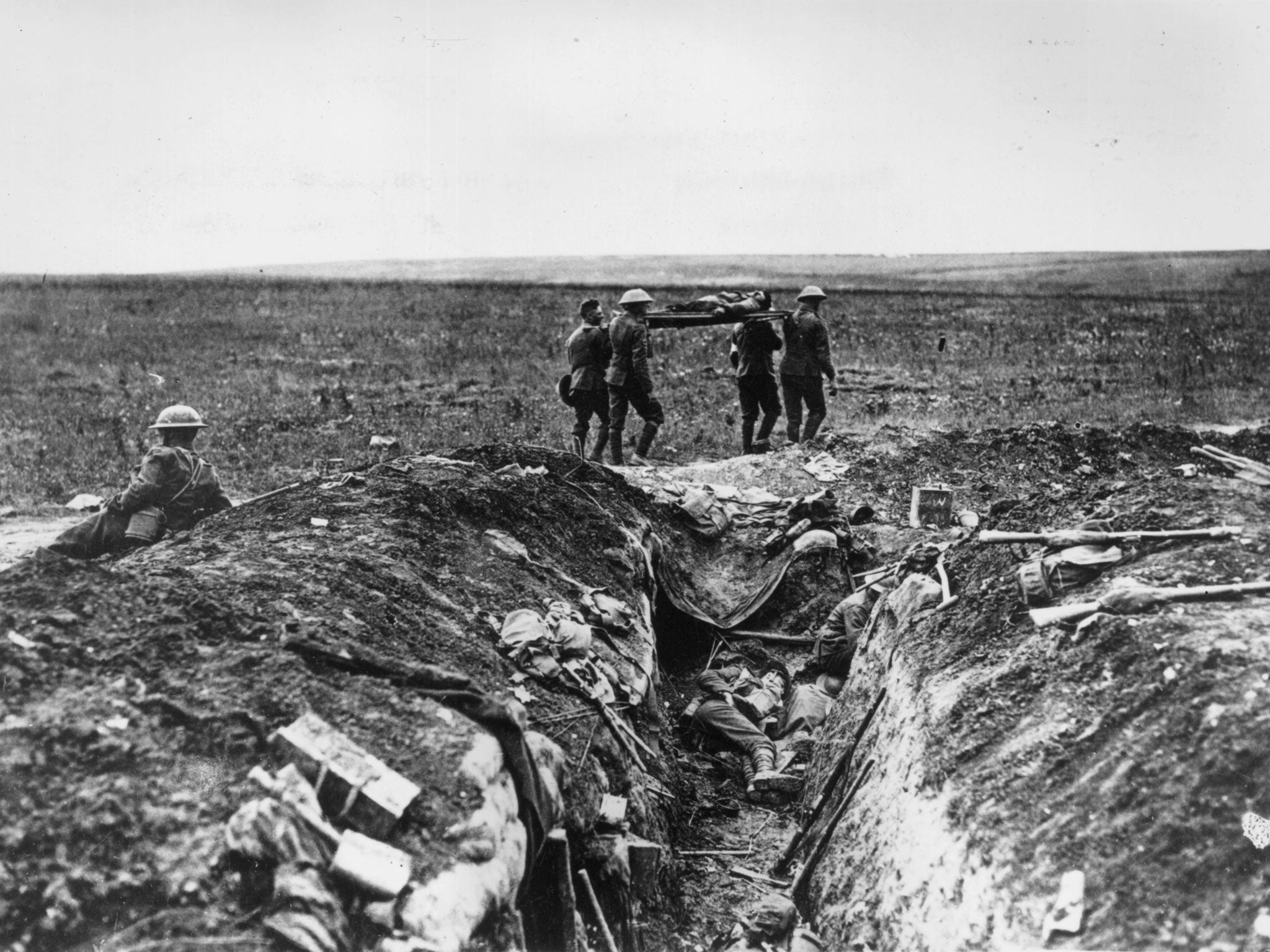The UK is taking steps to repay the £2bn debt it originally borrowed to finance the First World War.
The debt had not previously been paid off because the Government has to pay relatively little interest on it, having paid a total of £1.26bn since 1917.
This amounts to roughly £13m a year, a relatively small item on the Government’s balance sheet in today’s terms.
The Treasury is planning to cut the annual cost of the debt even further, however, by re-borrowing money at today’s rates.
The Government can currently borrow money at record low interest rates, so it makes financial sense to replace old debt borrowed at higher interest rates.
Current rates are particularly low because investors who buy bonds want relatively safe investments, like government debt, and are willing to compromise by accepting lower returns.
The Treasury said it would be able to cut the interest rate of 4 per cent it is currently paying on the money to a lower figure.
It also said: "Around £2bn of First World War debt remains, which is one graphic illustration of the legacy of this war on our nation and the long-term effects of high debt. The Government is looking into the practicalities and value for money of repaying this outstanding debt in full."
There are eight undated government bonds outstanding, including one issued by the prime minister William Gladstone to consolidate the capital stock of the South Sea Company. The company collapsed in the South Sea Bubble financial crisis of 1720.
In 1888, then chancellor George Goschen converted bonds first issued in 1752 and used them to finance the Napoleonic and Crimean wars.
The First World War bonds, known as 4% Consols, were issued by Winston Churchill when he was Chancellor in 1927 to refinance the National War Bonds from WWI.

Join our commenting forum
Join thought-provoking conversations, follow other Independent readers and see their replies
0Comments